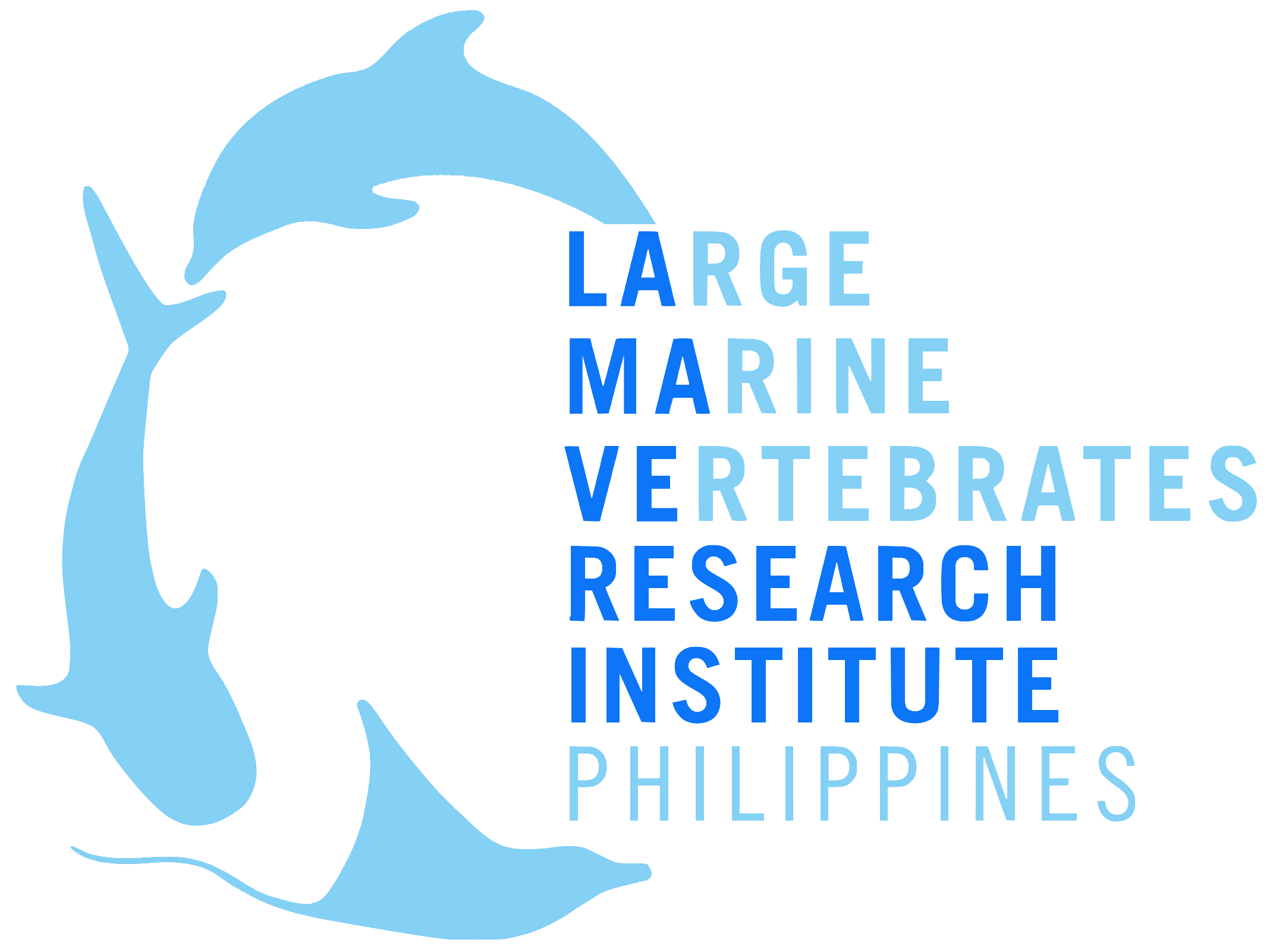NEWS
LAMAVE is launching the Northwestern Palawan Turtle Nesting Project in November 2022
The north of Palawan hosts some of the remaining nesting beaches for Olive Ridley turtles in Asia, with hundreds of nests laid every season!
Community efforts to conserve these beaches have grown significantly in the last five years. However, practices throughout the area vary and have shown different degrees of short and long-term success and impact on the turtle population.
Beach development, coastal erosion, sea level rise, climate change, continuous poaching of turtle eggs, and nest depredation by stray dogs—all these factors take a significant toll on these nesting populations, impacting their survival into the future.
In response to these threats, local communities and private individuals have created hatcheries across the long sandy beaches of the West Philippines Seas. However, data on the impacts of these practices—both positive and negative—are limited.
The Northwestern Palawan Turtle Nesting Project
The Turtle Nesting Project will initially focus on the municipalities in the northwest of Palawan, with the main base being in San Vicente. The coastal villages of this beautiful town host 284km of white beaches and small coves! Every year from mid-November to March, hundreds of Olive Ridley turtles lay hundreds of nests at night along these beaches.
The team will support the work of local communities across several villages along the coastline.
At night, the team will support the local community in patrolling the beach, relocating nests found in non-suitable areas, and managing the hatcheries.
During the day, the team will conduct educational activities in local schools, support the training of local patrollers and tourist stakeholders, and enhance the local awareness program targeted toward the residents and locals.
Day-to-day tasks will include data collection, compilation, and analysis.
Focus group discussions are organized with the local communities to improve understanding of the threats and opportunities to conserve this species, focusing on illegal wildlife trade and consumption.
Throughout the season, the team will have the opportunity to get involved in satellite tagging of Olive Ridley nesting, collection of genetic material, and in-water and beach surveys to help characterize the habitat and identify threats and priority areas.
An Opportunity to Join Us
With the new project opening, we are looking for passionate individuals to join us as a Project Leader, Research Assistants, and Volunteers.


